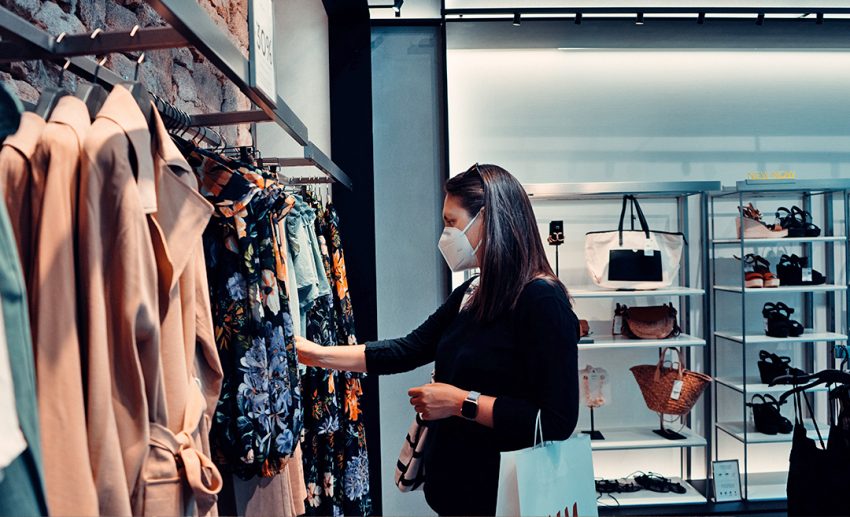
The time has come. After many long, languish-filled months in multiple lockdowns, Malaysia has well surpassed the 80% mark in fully vaccinating its adult population against COVID-19. Now, the focus is on vaccinating teenagers as well as rolling out booster shots for high-risk groups. We’re also ahead of schedule in preparing for the country to reach its endemic COVID-19 phase, where Malaysians will have to learn to live with the virus and exercise personal responsibility.
In light of all this, the government has re-opened more economic sectors and stated that interstate travel and tourism-related pursuits will soon be allowed when 90% of adults in Malaysia are vaccinated against COVID-19.
This is all good news, right?
Well, with restrictions slowly being lifted, life is beginning to get back to what we used to know as ‘normal’, and experts are seeing a rise in post-pandemic anxiety.
After almost two years of being in lockdown and working remotely, it’s inevitable for new routines to set in and everyone becoming accustomed to a slower pace of life. Thus, many are crippled with the anxiety of going back to how things used to be, which is commonly known as post-pandemic re-entry anxiety or cave syndrome — both being a form of agoraphobia. The thought of socialising, returning to the workplace, and being in crowded places (like malls or even on a plane) can trigger stress, which makes it worse when coupled with pandemic-related grief.
It’s no easy feat keeping our mental health in check during these uncertain times, so in conjunction with World Mental Health Day today on 10 October, we’ve got some expert-backed tips on how to navigate through post-COVID-19 anxiety that may help when you’re easing back into society
1. Break down activities into smaller steps
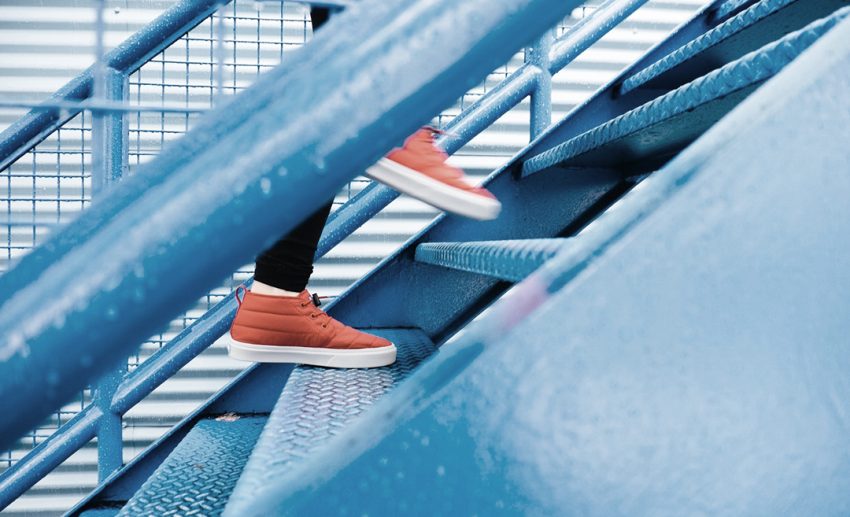
Reintegration into society post-pandemic can be tough on most people, hence, it’s best to ease into anxiety-provoking activities by breaking them down into smaller steps. Once you’ve achieved this, cross them off as you go to maintain a sense of progress that will motivate you to keep going.
For example, while it might be tempting to plan a get-together, a restaurant outing, or a road trip all in one week, it may also be overwhelming to do them all right off the bat. To have a sense of control, what you can do instead of eating at a restaurant is to order takeaway and start eating in a public place. Follow that up with having a drink outdoors somewhere before working up to eating a full meal outside. When socialising, begin by seeing one friend at a time instead of having a group hangout, and as for travelling, plan shorter trips locally to avoid exhaustion.
2. Reward yourself for being brave
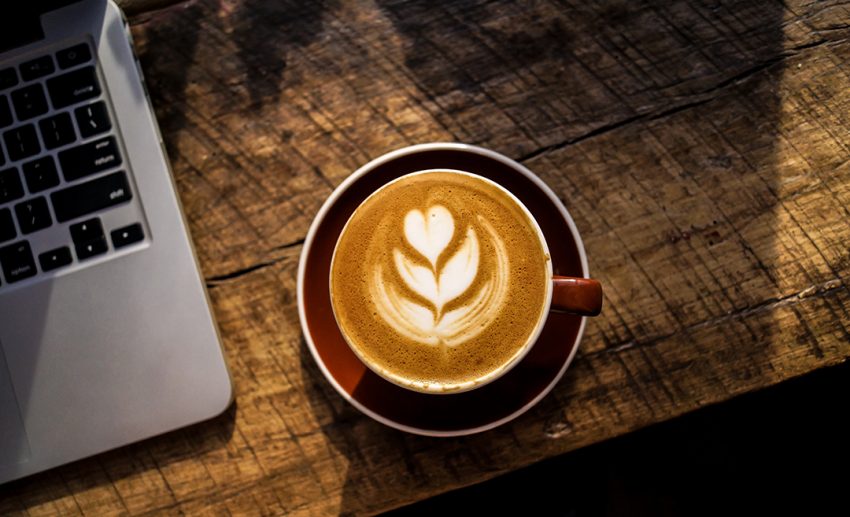
Rewarding brave behaviour is also a very effective way to manage post-pandemic anxiety in a fun and positive way. The key is to start slowly and reinforce small courageous actions without applying too much pressure. What this personal system can look like is to match a reward by its degree difficulty. So, the more difficult task achieved will be compensated with a bigger reward.
Take going back to the office as an example. If you’re feeling anxious about this, you can set the reward to be a quick catch up with a favourite colleague you’ve missed seeing whilst being in lockdown. Another form of reward could be ordering a nice cup of coffee mid-day for nailing a nerve-wracking in-person presentation after being on Zoom for so long.
3. Make a bucket list of things you’ve missed
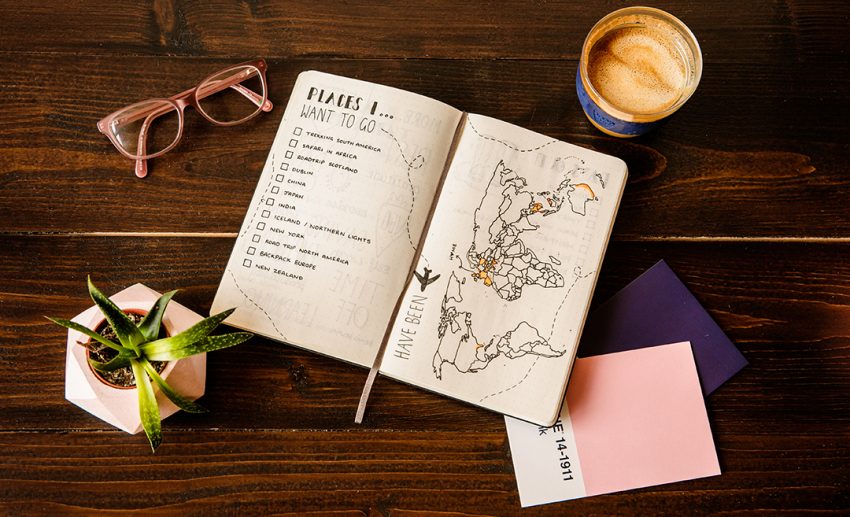
Lists really contribute to organising your thoughts, so if you’re feeling anxious, try drawing one up of all the things you’ve missed and would like to start doing again. It’s also helpful to rank them by the level of stress or anxiety it may induce, and begin with the one that seems least stressful to you.
An example of what this list could consist of is going shopping at your favourite clothing store, going to an in-person book club, or even travelling once again. Experts note that having some form of motivation for the activities and lifestyle you crave can help curb anxiety.
4. Practice deep breathing

A centuries-old technique, diaphragmatic breathing is where you breathe consciously and deeply. Breathwork has been known to help alleviate anxiety and stress, making it the perfect on-the-go self-care practice for whenever you’re overcome with the jitters.
The beauty of performing breath work is that it can be done anywhere, and you don’t need lots of time, making it the most convenient way to introduce a little bit of relaxation into every day. According to science, breathing exercises are a powerful way to relieve anxiety and interrupts the body’s fight or flight response.
5. Embrace a new you

For some, coming out of lockdown life, things like your body, your job, or even your relationships, may look very different as compared to how they were when you entered it, and these factors may contribute greatly to your anxiety flare up. Some choices that revolve around your hair, makeup, and dress that no longer fit in with your life can help decide your approach to re-entry.
To get ahead of the creeping anxiety, the first step could be to fully embrace this new you and accept the idea that things may never return ‘back to normal’. Coming to terms with that will make it easier to take control of your post-lockdown life and plan your next steps intentionally. Understanding this change will also help you remember that, over time, the anxiety that comes with re-entry will lessen.
6. Stay informed but disconnect when you need to
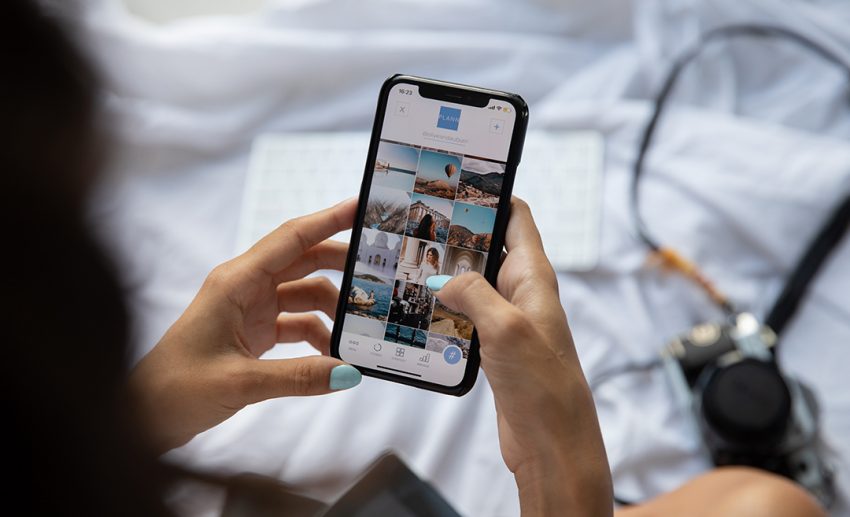
There’s no doubt that staying informed is crucial, especially when it comes to updates in the community that will help you towards doing more things safely, but being too plugged in to the news or social media has been known to greatly contribute to anxiety, depression, and general stress. This is why it’s a good idea to be aware of when you’re droomscrolling — a newly-coined term that refers to continuously surfing through bad news, no matter how disheartening or depressing it may be.
If you’re experiencing anxiety, droomscrolling can more than often feel like stepping into quicksand, and the negativity from the news can very quickly pull you under and lead to panic attacks. Your sleep may also be impacted from the hours spent on social media, which heightens anxiety and makes it difficult to fall asleep. So, remember to take time away from screens every day.
7. Seek treatment
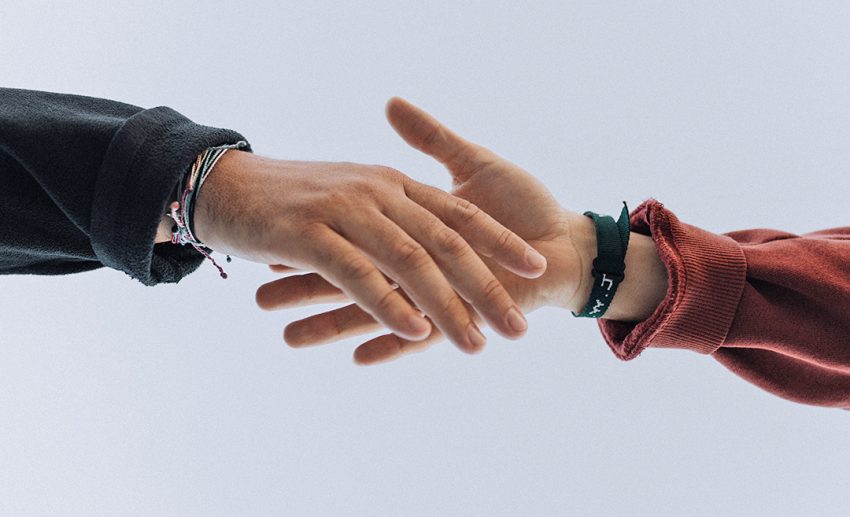
For most, re-entry anxiety will fade as you adjust to this new normal. However, if you’re still struggling and the fear is beginning to affect your work or the relationships in your life, those are early warning signs that it’s time to chat with a mental health professional.
Likewise, if you’re experiencing out-of-the-ordinary physical symptoms, such as headaches, tightness, or tension in your neck and shoulders, stomach aches, or difficulty sleeping, or concentration, get help! Those are also indications that it’s time to seek help from a mental health professional.
There are plenty of mental health helplines available that offer affordable or even free professional support. Working with a mental health professional, whether an in-person therapist or a virtual one, can arm you with helpful tools you need to look forward to the future instead of dreading it.
These coping tips may be more effective to manage your re-entry anxiety once the world has slowly come out of this pandemic. Even if you find it manageable, ground yourself in mindfulness. That includes emotion regulation, distress tolerance, and cognitive reframing, which can help you go a long way during this period.
Here at Zafigo, we strongly urge you to practice compassion and being gentle with yourself as you explore this challenging transition back to socialisation.
Follow Zafigo on Instagram, Facebook, and Twitter. Sign up for our bi-weekly newsletter and get your dose of travel tales, tips, updates, and inspiration to fuel your next adventure!



